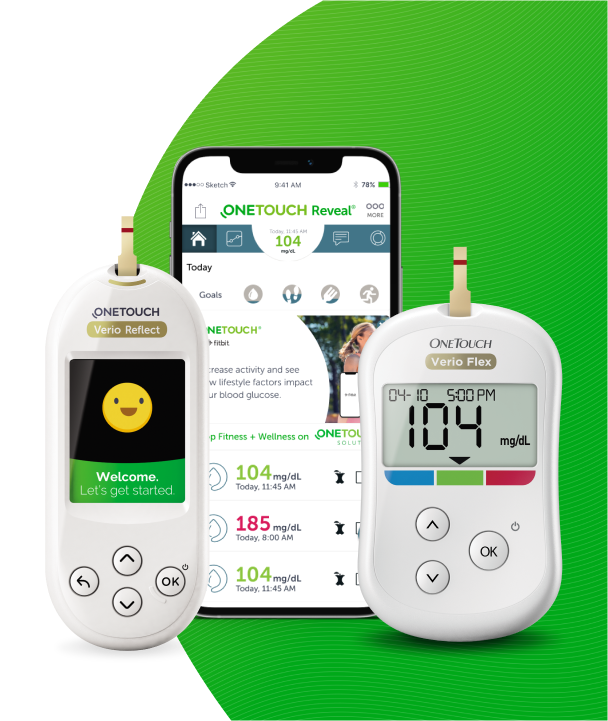Helpful Things to Remember When Starting Insulin Therapy
Diabetes is not a one-size-fits-all condition. It affects everyone differently and, because of that, treatment regimens will be tailored to meet individual needs.
In addition, diabetes is a condition that will change over time and in various circumstances during your lifetime. As changes occur with diabetes, it is sometimes necessary to adjust your treatment care plan.
One change may include starting insulin therapy. Insulin therapy is a natural hormone replacement that can optimize use of the body's fuel and metabolism. Beginning insulin therapy can feel like a big step but can bring about major health improvements when the body is becoming more insulin deficient.
Facts & Fiction About Starting Insulin
Starting on insulin means:
- Your healthcare team has decided this is the best way to help you manage your diabetes and they will work with you to ensure that you understand how using insulin fits into your diabetes management.
- You may have fears about using a needle but there are different methods of taking insulin including insulin pens, syringes, inhalers, and pumps. Your healthcare team can help you pick what works best for you and your lifestyle.
- You’ll need to learn new skills like learning how to administer insulin, as well as how much and when.
- It takes some time to learn how to adjust your insulin dose based on your blood glucose levels. You may also need to check your blood glucose more often so that you learn to adjust your insulin based on your blood glucose levels, your food intake and activities. As your experience grows, and with your healthcare team’s support, you’ll gain a better understanding of how meals and physical activity affect your blood glucose and how to modify your insulin to stay on target. Monitoring glucose levels is very helpful in adjusting to insulin use.
Starting on insulin does not mean:
- That you’ve failed or done anything wrong. Diabetes changes over time and so can your treatment needs.
- That you’re sicker or your diabetes has become worse.
- That your life will be more complicated in ways that you can’t manage. While there’ll be new things to learn, your healthcare team will help to keep you well-equipped to take on this new challenge.
What are the benefits of insulin injections?
- Insulin can help to decrease the symptoms and effects of high blood sugar levels (hyperglycemia).
- Insulin therapy may help to reduce your risk for diabetic complications caused by high blood sugar levels.
Beginning insulin therapy is an adjustment. Insulin treatment may become a permanent part of your diabetes management or may be used temporarily to keep glucose in optimal range during pregnancy or during acute illness. Understanding why you are on insulin is a great place to start. As with anything new, this may take some time to integrate into your daily routine.
Your healthcare team will have plenty of advice on how to incorporate insulin therapy into your diabetes care plan. Be sure to sit down with them to discuss your specific needs and concerns!
Source:
Domingo-Lopez DA, Lattanzi G, H. J. Schreiber L, et al. Medical Devices, Smart Drug Delivery, wearables and technology for the treatment of diabetes mellitus. Advanced Drug Delivery Reviews. 2022;185:114280. doi:10.1016/j.addr.2022.114280
US-OTB-1900030








